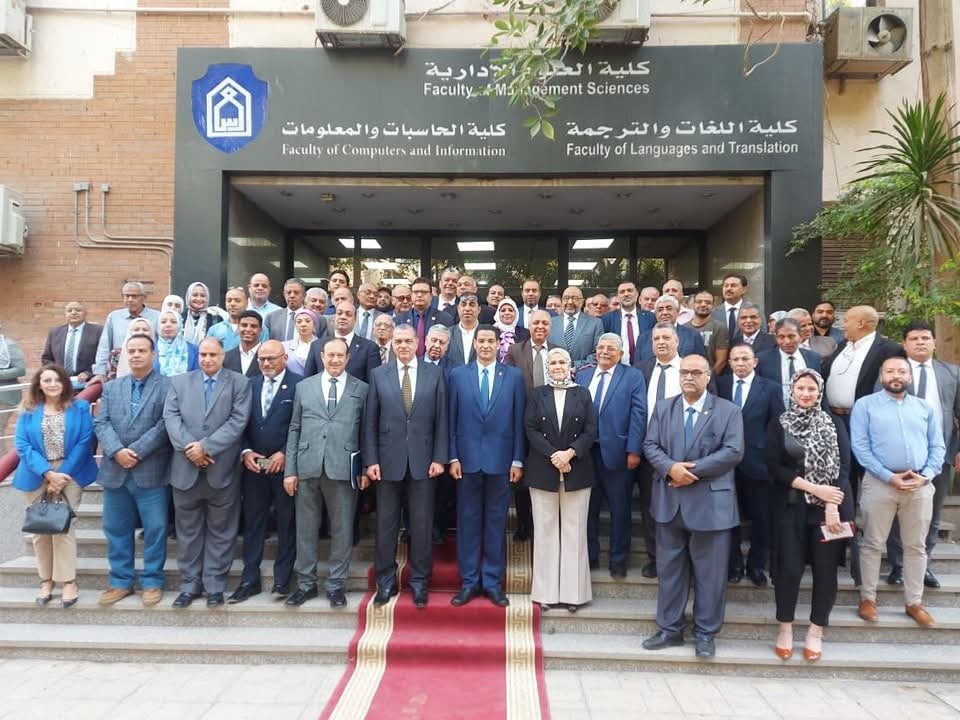Sherif El-Kilani, Deputy Minister of Finance for Tax Policies, said that the tax facilities announced by the Minister of Finance are the first package, and will be followed by many other packages. He noted that implementing the first package of tax facilities requires legislative amendments, ministerial decisions, and decisions by the Prime Minister.
He said that this package has three objectives: creating certainty, making things simple, and reducing burdens. This is in alignment with Egypt’s Vision 2030, which is concerned with attracting investments.
El-Kilani explained that according to the statements of the Minister of Finance, no increase in tax burdens on investors was intended. Rather, the Ministry strives to simplify procedures. Additionally, for the first time, the first package of tax facilities will include a simplified and integrated tax system to stimulate start-ups, small projects and entrepreneurial activities. This package of facilities is not an alternative to the tax policy document but rather a correction, and it establishes specific facilities for taxpayers in dealing with the tax system, while the tax policy document sets the future vision in line with Egypt’s Vision 2030.

The first package of tax facilities included activating the central clearing system for taxpayers and registrants to make the necessary settlements for their balances according to the investor’s priorities and create liquidity for them to carry out their activity, it would include many administrative bodies in the state, such as amounts to support exports and debts, with fines imposed on delays that do not exceed over 100% of the tax’s value.
The Deputy Minister of Finance said taxpayers who were not able to submit tax returns on the legal dates from 2020 to 2023 are allowed to submit them within a specific period of time without being subject to the legally prescribed penalties.
El-Kilani explained that an advanced electronic portal for taxpayer complaints will also be launched, where they will be addressed immediately.
This was mentioned in the symposium organized by the Sadat Academy for Management Sciences in cooperation with the Scientific Association for Tax Legislation entitled “The Tax Facilitation Package Announced by the Ministry of Finance and Its Impact on Investment”, at the headquarters of the Sadat Academy in Maadi.
Rabeh Rateb, Chairperson of the Tax Legislation Association, said that announcing the first package of tax facilities had a great impact not only locally but also internationally. This confirmed that progress is happening in the tax system in Egypt.
Rasha Abdel Aal, Head of the Egyptian Tax Authority, said that since 2018, the Authority has seen a major digital transformation in the mechanisms of dealing with taxpayers and transitioning from a traditional to an electronic system.
She pointed out that when the first package of tax facilities was being developed, and included 20 items, several axes were tackled, the most important of which was identifying the challenges facing the taxpayer when dealing with the tax system, and working to remove them.
Abdel Aal said that one of the most important problems facing the taxpayer is the lack of tax justice in Egypt due to the existence of a large informal economy. At the same time, the formal economy has to shoulder all the burdens. She stressed the Minister of Finance’s interest in supporting start-ups and entrepreneurial activities by providing incentives, exemptions and facilities that include all tax bases.
She explained that one of the crucial items of the first package of tax facilities is to establish an integrated system for taxpayers whose annual business volume is a maximum of EGP 15m. In addition, the system contains a set of incentives, exemptions and facilities that contribute to the clarity of vision highlight the rights and duties of everyone, and encourage them to join this integrated system, which is based on several axes. They include exemptions from stamp duty, registration and documentation fees, tax on capital gains resulting from the disposal of fixed assets, exemption from dividend tax, as well as exemption from imposing the discount or advance payment system. Moreover, this system is based on a simplified tax treatment for income tax “categorical or proportional”, and the system includes limiting the obligation to submit value-added tax returns to four returns during the year, and also limiting the obligation to submit wages and salaries tax returns to the annual settlement declaration.

